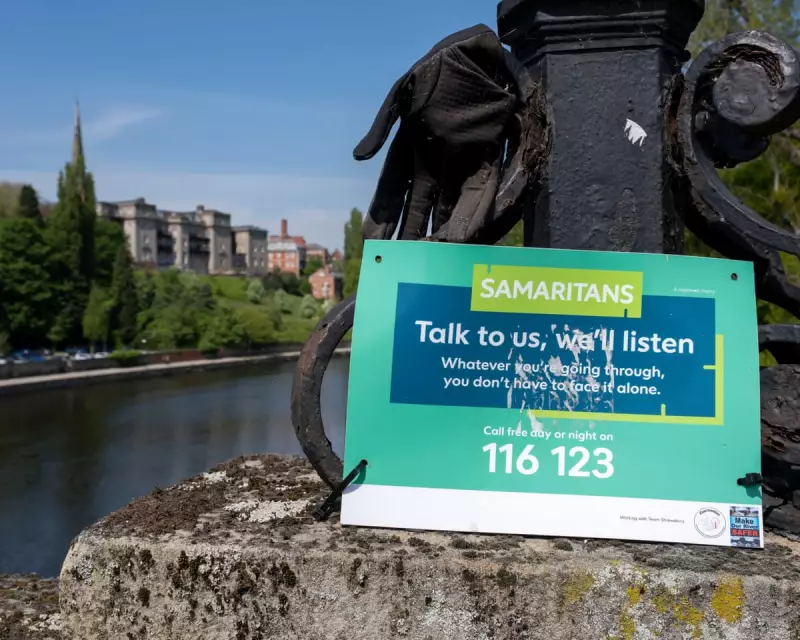
The rise of remote work has brought unexpected challenges to mental health charities, with the Samaritans announcing the closure of several local branches. As fewer people commute to offices, the traditional model of face-to-face volunteering is struggling to survive.
The Changing Landscape of Mental Health Support
For decades, Samaritans branches operated in town centres across the UK, offering a vital lifeline to those in emotional distress. Volunteers would typically work shifts in these physical locations, providing confidential support to callers and visitors.
However, the pandemic-induced shift to remote work has dramatically altered this landscape. With fewer people visiting town centres regularly, many branches have seen volunteer numbers dwindle to unsustainable levels.
The Human Cost of Digital Transition
While the charity has expanded its digital services, mental health experts warn that something valuable may be lost in this transition:
- Some vulnerable individuals lack reliable internet access
- Face-to-face interactions can be more comforting for certain people
- Branch closures may disproportionately affect older demographics
"There's a particular magic that happens in person," explains Dr. Eleanor Hart, a clinical psychologist specialising in crisis intervention. "The physical presence of another human being can be profoundly reassuring when someone's in distress."
Looking to the Future
The Samaritans organisation stresses that they're not abandoning in-person support entirely. A spokesperson told us:
"We're adapting to how people live and work today. While some branches are closing, we're investing in new ways to reach those who need us, including enhanced online chat services and community outreach programmes."
As the UK continues to navigate the post-pandemic world, the challenge remains: how to preserve essential human connections in an increasingly digital mental health support landscape.





